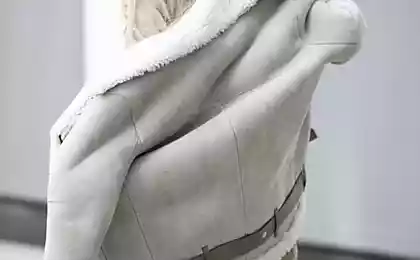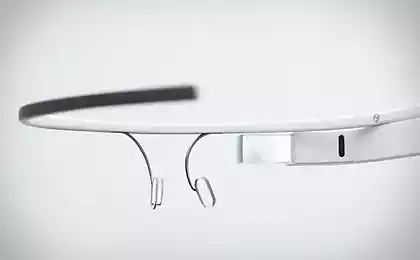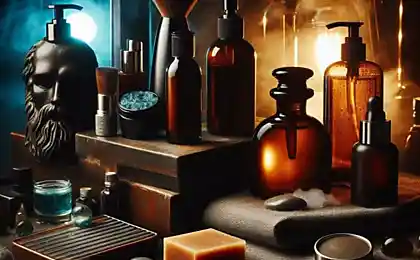164
How to Clean Your Glasses
Winter is in full swing, and with it came the flu and SARS. Experts advise washing hands more often, and if there is no water and soap nearby, use disinfectants.
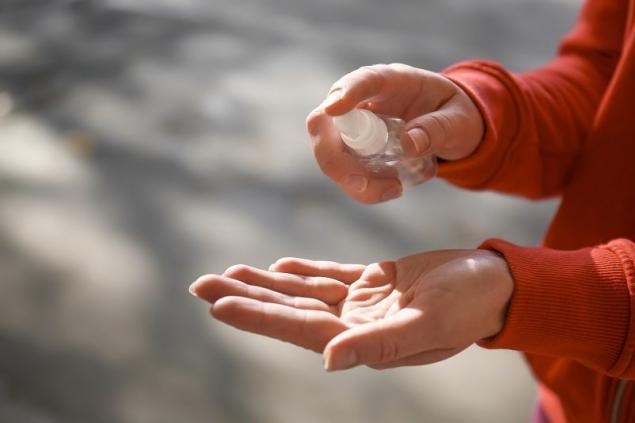
DepositPhotos
Alcohol-containing antiseptics for hands They destroy many different types of bacteria, including antibiotic-resistant bacteria and mycobacterium tuberculosis. You can not use them after the expiration date, but you should not send them to garbage either.
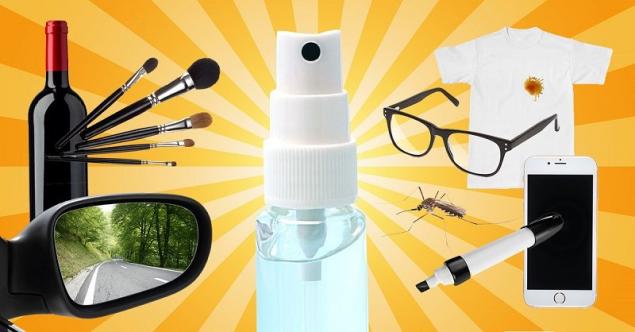
DepositPhotos
Hand sanitizers can find a lot of useful uses in everyday life. "Site" I have found ways to use antiseptics that you don’t even know about!
How to Clean Glasses and Other Useful Tricks
Ready. antibacterialThose that are sold in the store do not always smell pleasant and can irritate the skin. You can prepare an antiseptic for your hands by choosing the right base and flavors to give the liquid a pleasant smell.
All food preparation begins with food processing. Nothing easier to think, all you need is to open the tap and substitute the product under the stream of water.
Only here in this simple business has its nuances and difficulties. 8 Foods You Have Washed Wrong All Your Life Who would have thought!

DepositPhotos
Alcohol-containing antiseptics for hands They destroy many different types of bacteria, including antibiotic-resistant bacteria and mycobacterium tuberculosis. You can not use them after the expiration date, but you should not send them to garbage either.

DepositPhotos
Hand sanitizers can find a lot of useful uses in everyday life. "Site" I have found ways to use antiseptics that you don’t even know about!
How to Clean Glasses and Other Useful Tricks
- To remove traces from permanent markers
With the help of antiseptics, you can easily remove traces of permanent markers from furniture, clothing and walls. Just try it first in a low-conspicuous area.
DepositPhotos - For disinfecting makeup brushes
Daily makeup brushes accumulate dead skin cells, contaminants, fats and bacteria. In 2015, in Australia, there was a tragic case when a woman received a staphylococcal infection, using brushes for makeup at a friend’s house. To disinfect the brushes, after washing, be sure to apply an antiseptic to the pile and let the brushes dry. This treatment will remove microbes from them.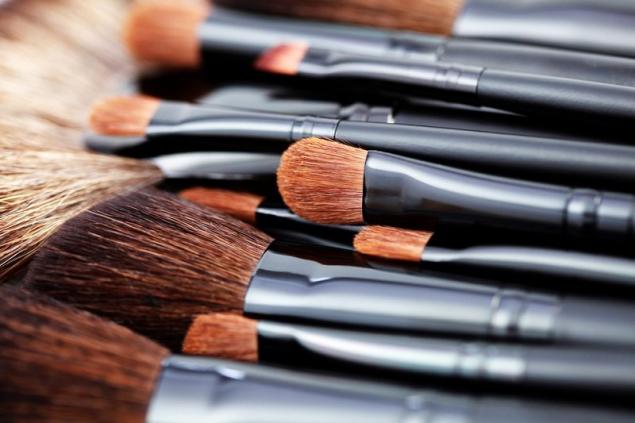
DepositPhotos - To clean the screens of gadgets
Apply a drop of antiseptic gel on the smartphone screen and polish it with a soft cloth. So you can remove small scratches, dirt and fingerprints, and at the same time disinfect the gadget. Believe me, this is really necessary: studies have shown that there can be 18 times more different pathogens on a smartphone screen than on the rim of the toilet.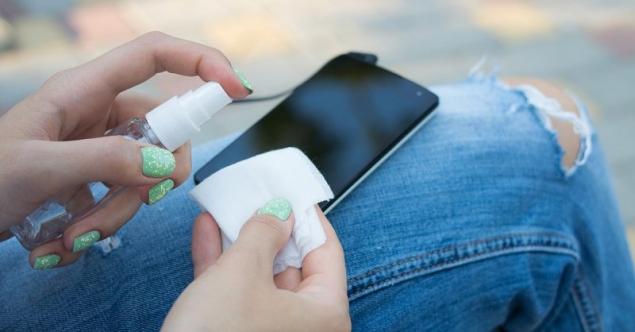
DepositPhotos - For cleaning glasses.
Antiseptic allows you to keep clean optical devices, medical or sunglasses. With the help of the tool, you can easily and quickly remove fingerprints, traces of cosmetics and divorces from optical devices.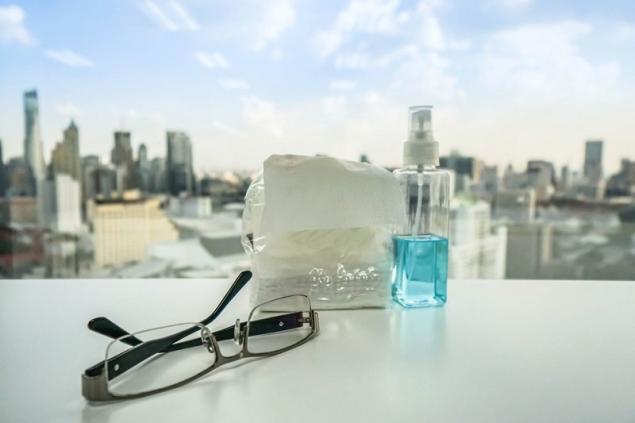
DepositPhotos - Against acne
If a pimple pops out on your face, use an antiseptic to eliminate it. Put a drop of disinfectant on the spot of redness. It will relieve inflammation and dry the skin a little, so that the pimple will go away faster. Of course, it is better not to use expired means for this purpose.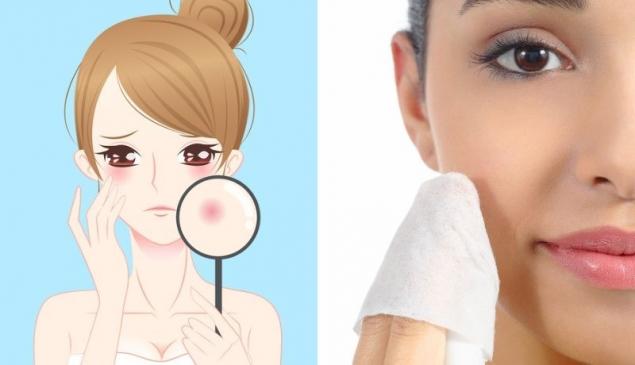
DepositPhotos - To dissolve glue residues from labels
Alcohol helps dissolve glue residues from labels. In this case, you can use any means based on it, including alcohol antiseptics.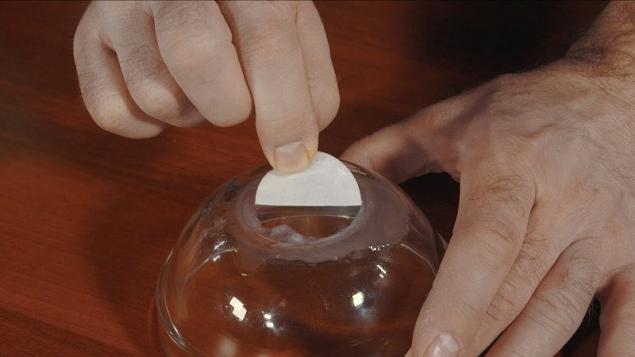
- To relieve inflammation from insect bites
If you've been bitten by a mosquito or some other nasty thing, put some antiseptic on the spot. It will remove the swelling and relieve the itching.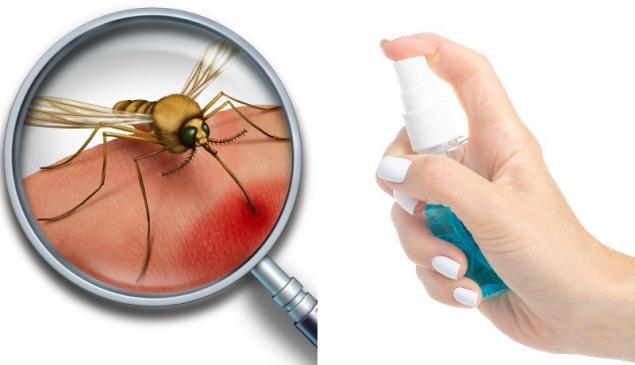
DepositPhotos - To remove greasy spots
Use an antiseptic to remove greasy stains from clothing. But choose products that do not contain perfumes and coloring substances. Otherwise, you risk ruining the whole thing.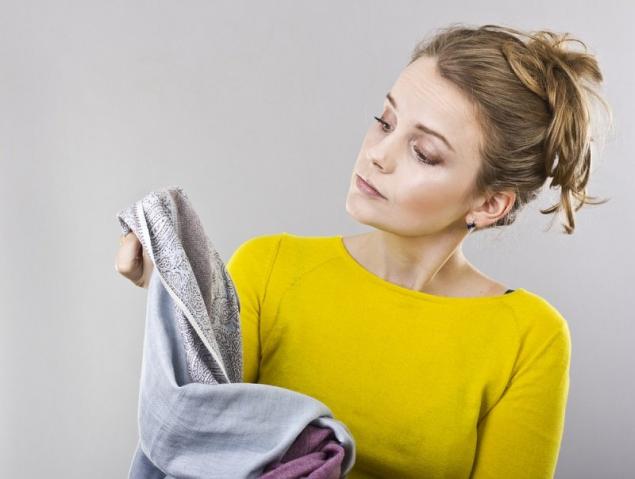
DepositPhotos - For polishing glass and mirrors
If you have a bottle with an antiseptic, use a tool for polishing glasses and mirrors. Bonus: this coating protects windows from frost and condensation!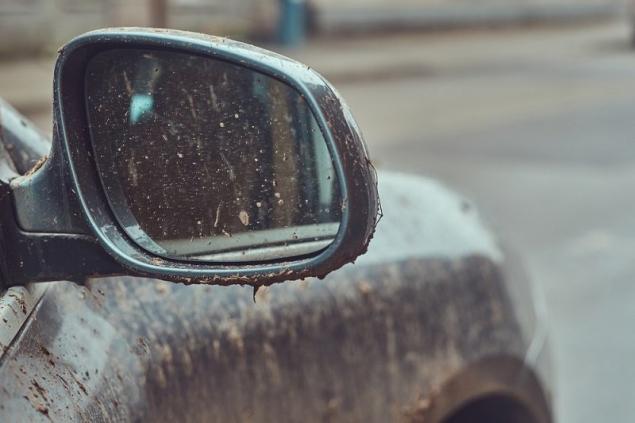
DepositPhotos
Ready. antibacterialThose that are sold in the store do not always smell pleasant and can irritate the skin. You can prepare an antiseptic for your hands by choosing the right base and flavors to give the liquid a pleasant smell.
All food preparation begins with food processing. Nothing easier to think, all you need is to open the tap and substitute the product under the stream of water.
Only here in this simple business has its nuances and difficulties. 8 Foods You Have Washed Wrong All Your Life Who would have thought!























